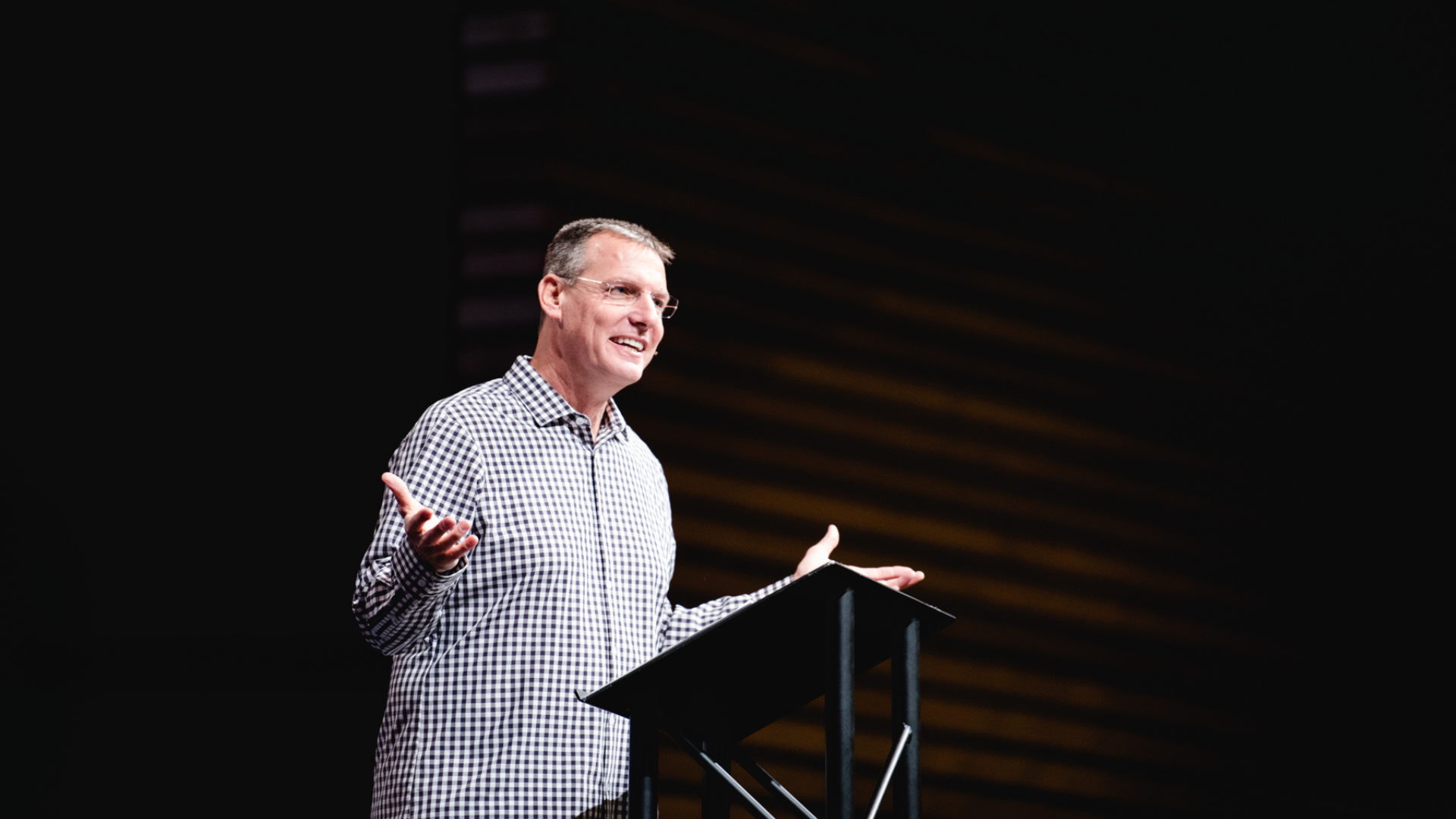The following blog post contains notes and application questions from our November 18, 2018 message, The Song That Changes Everything.
Summary
Philippians 2:6-11 is the center and foundation of Philippians. If you understand the foundational truth it teaches, it will change everything about you and your life. This is not primarily a passage on orthodoxy, it is an example of perfect and straight orthopraxy.
Key Takeaways
- The reason we have orthodoxy is for orthopraxy.
- This is a prophet school...every single week is a pastor’s conference.
- Great leaders always do more than they ask their followers to do.
- Most leaders use power to maintain power. Great leaders use power to serve others.
- Incarnation means “in the flesh.” However, when Jesus took on flesh, He did not stop being God. No one ever robbed Jesus of His “Godness.”
- Jesus is like the ultimate Undercover Boss episode...He knows He is the King and in charge no matter what happens during the episode.
- Jesus used His power selflessly and without conceit. When you have power, how do you use it? To serve yourself or serve others?
- The story of Jesus is either crazy or it’s true. If it’s true, start bowing, worshipping, and living for Him right now!
- I don’t care how I teach Philippians if Philippians doesn’t teach me.
- “The matter is quite simple. The Bible is very easy to understand. But we Christians are a bunch of scheming swindlers. We pretend to be unable to understand it because we know very well that the minute we understand, we are obliged to act accordingly. Take any words in the New Testament and forget everything except pledging yourself to act accordingly. My God, you will say, if I do that my whole life will be ruined. How would I ever get on in the world? Herein lies the real place of Christian scholarship. Christian scholarship is the Church’s prodigious invention to defend itself against the Bible, to ensure that we can continue to be good Christians without the Bible coming too close. Oh, priceless scholarship, what would we do without you? Dreadful it is to fall into the hands of the living God. Yes, it is even dreadful to be alone with the New Testament.” -Søren Kierkegaard, Provocations: Spiritual Writings of Kierkegaard
- “There is scarcely anything so dull and meaningless as Bible doctrine taught for its own sake. Truth divorced from life is not truth in its Biblical sense, but something else and something less.... No man is better for knowing that God in the beginning created the heaven and the earth. The devil knows that, and so did Ahab and Judas Iscariot. No man is better for knowing that God so loved the world of men that He gave His only begotten Son to die for their redemption. In hell there are millions who know that. Theological truth is useless until it is obeyed. The purpose behind all doctrine is to secure moral action.... Any man with fair pulpit gifts can get on with the average congregation if he just "feeds" them and lets them alone. Give them plenty of objective truth and never hint that they are wrong and should be set right, and they will be content... On the other hand, the man who preaches truth and applies it to the lives of his hearers will feel the nails and the thorns. He will lead a hard life, but a glorious one. May God raise up many such prophets. The church needs them badly.” -A.W. Tozer, Of God and Men, 25-28.
Questions for Reflection and Discussion
- In the areas you are a leader and have influence—home, work, family, neighborhood, etc.—how are you doing at living out that which you are asking them to do? Are you doing more or less than you are asking them to do?
- “Jesus used His power selflessly and without conceit.” When you have power, how do you use it? To serve yourself, or to serve others?
- What’s one way you can go put into action—orthopraxy—what you learned from this week’s message?
Mentioned or Recommended Resources
- Suggested Scripture study: Philippians 2:1-13; Mark 10:42-25
- Series: Philippians: To Live is Christ
- The Bible Project
- What is the "Hypostatic Union”?
